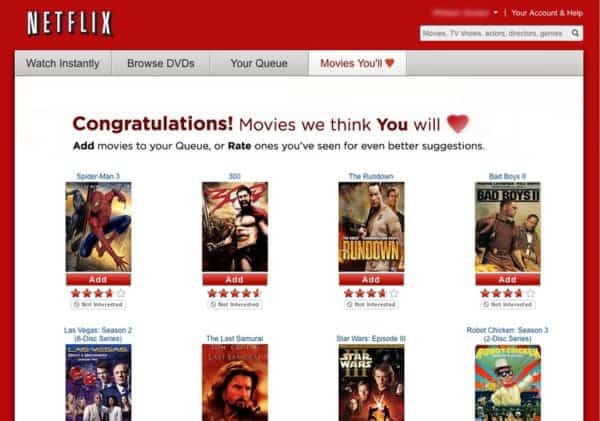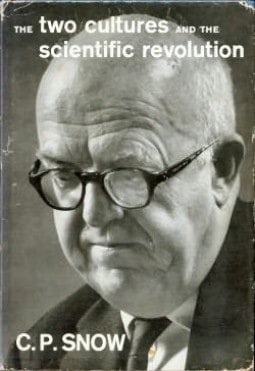
“Spiderman 3?” But I just watched “The Notebook”….After securing the largest venture capital investment in Canadian startup history last September, and establishing its software in at least 700 North American institutions of higher education, Kitchener’s Desire2Learn has acquired Degree Compass, a sort of virtual guidance counselor that was developed at Austin Peay State University in Tennessee.
Degree Compass “uses predictive analytics techniques based on grade and enrollment data to rank courses according to factors that measure how well each course might help the student progress through their program.” Think the “recommendations” engine used by Netflix and Amazon and then apply that algorithm to selecting university courses.
Although Desire2Learn would not disclose a figure for the acquisition, Jeff McDowell, its VP of Market Development (and ex-Senior Vice President of Business and Platform Marketing at RIM) said “The ROI on this is huge. If the product is able to save two students from dropping out of college, the tool has paid for itself.” Although concerns about automated course recommendations can and should be raised, the software appears to have proved itself both subtle and efficient throughout its development.
The acquisition will help Desire2Learn apply the Big Data competencies developed by Degree Compass to course selection and guidance. Degree Compass recently received $1 million funding from the Complete College America and Gates Foundations to help implement its use in three other Tennessee universities, in the context of the state’s Completion Innovation Challenge. Having successfully tested its software in Tennessee, Degree Compass is now likely to be folded in to Desire2Learn’s already existing suite of analytics software.
___________________
This story is brought to you by Serenic (TSXV:SER). Serenic’s cash position as of its most recently reported quarter was greater than its market cap as of January 22nd, which was $2.93-million. The company has zero long-term debt. Click here for more info.
_____________________
Aside from acting in the role of confidante or advisor, the software’s purpose is to look at ways of creating efficiencies in each student’s path through post-secondary education. As post-war access for veterans made university access more common, to the point that now attaining a college or university degree has replaced a high school diploma as a minimum requirement to applying for many jobs, the campus experience has necessarily been diluted, as well as becoming more and more specialized. C.P. Snow’s mid-century “Two Cultures” critique (bemoaning the lack of cross-pollination between the Arts and Science faculties) now looks quaint, splintering into dozens if not hundreds of “cultures” for today’s prospective student.

And those students today face issues not even contemplated last century. As bad as the dropout rate is among American college and university students, the crisis of students graduating with unmanageable debt loads arguably has a greater negative impact on the economy at large, not to mention on the lives of young people transitioning into adult life suffocated by debt.
Making the process more efficient could certainly help lessen the debt burden incurred by many students (between $20,000-$30,000 on average depending on which province your loans originate in). But one could also argue that a Netflix/Amazon style system of “recommendations” takes some of the necessary chaos out of figuring yourself out when you’re young. Montreal-based Josip Novakovich, the current Canadian nominee for the Man Booker International Prize, for example, studied medicine and then psychology before discovering his calling and enrolling in a creative writing degree.
Would Novakovich be the same writer he is today without having gone up the blind alley of studying medicine? Probably not. But the specialization offered by today’s technology seems a necessary tool in combating many of the nascent problems of higher education today. The seemingly widening gap between the two cultures of arts and sciences may be its price.
_________________
__________________
Leave a Reply
You must be logged in to post a comment.



 Share
Share Tweet
Tweet Share
Share




Comment